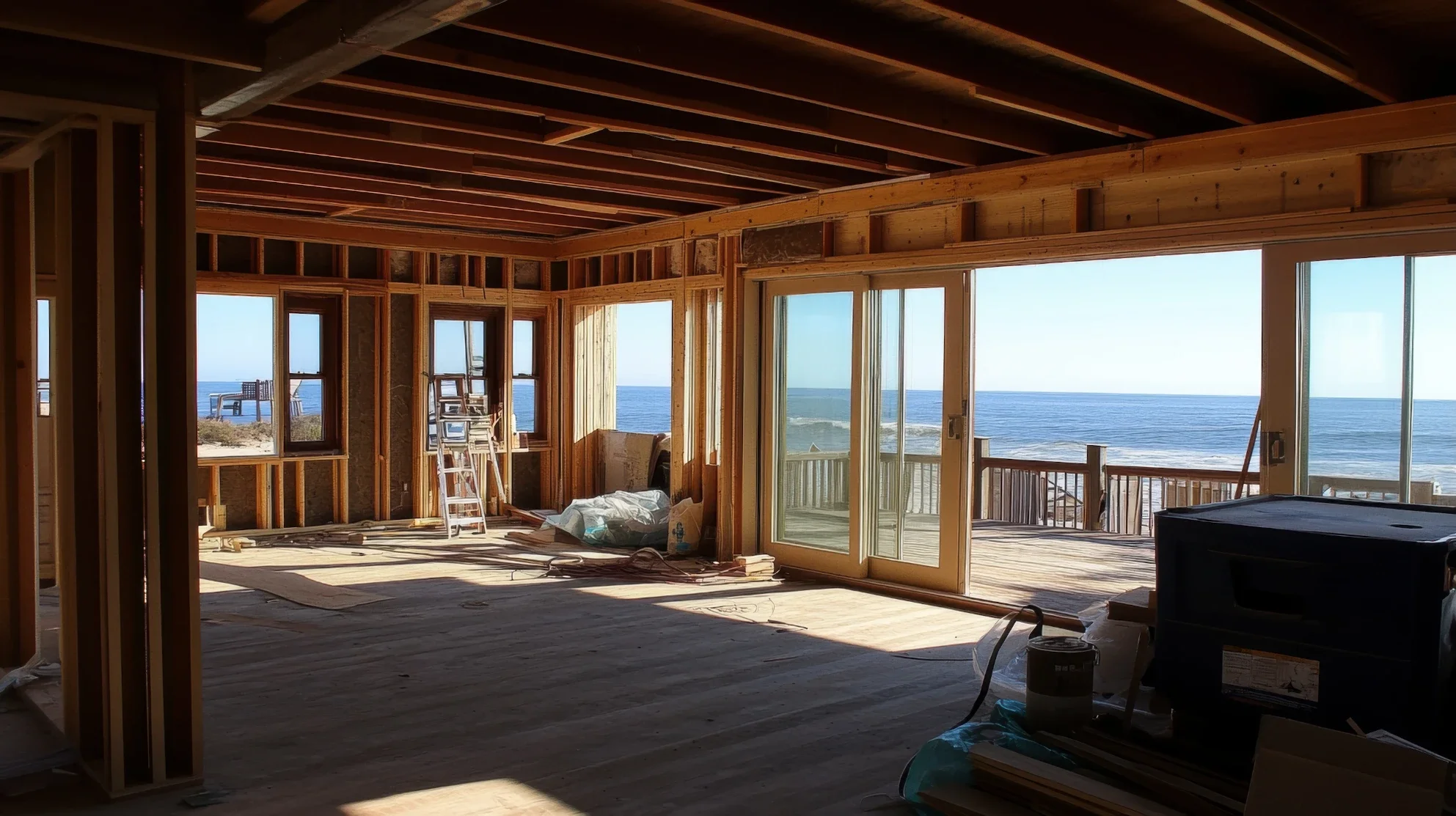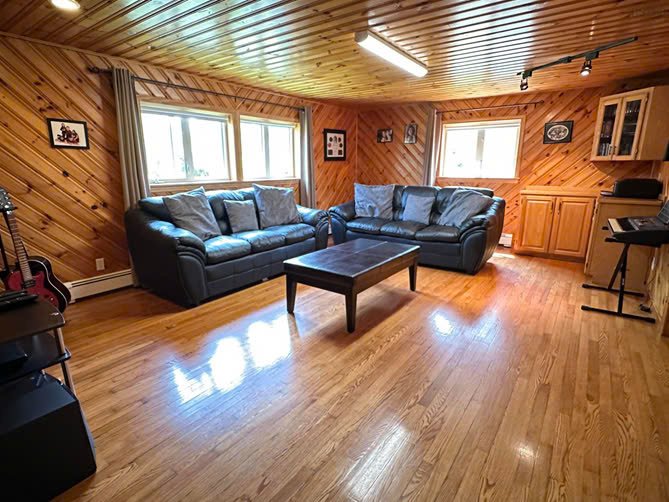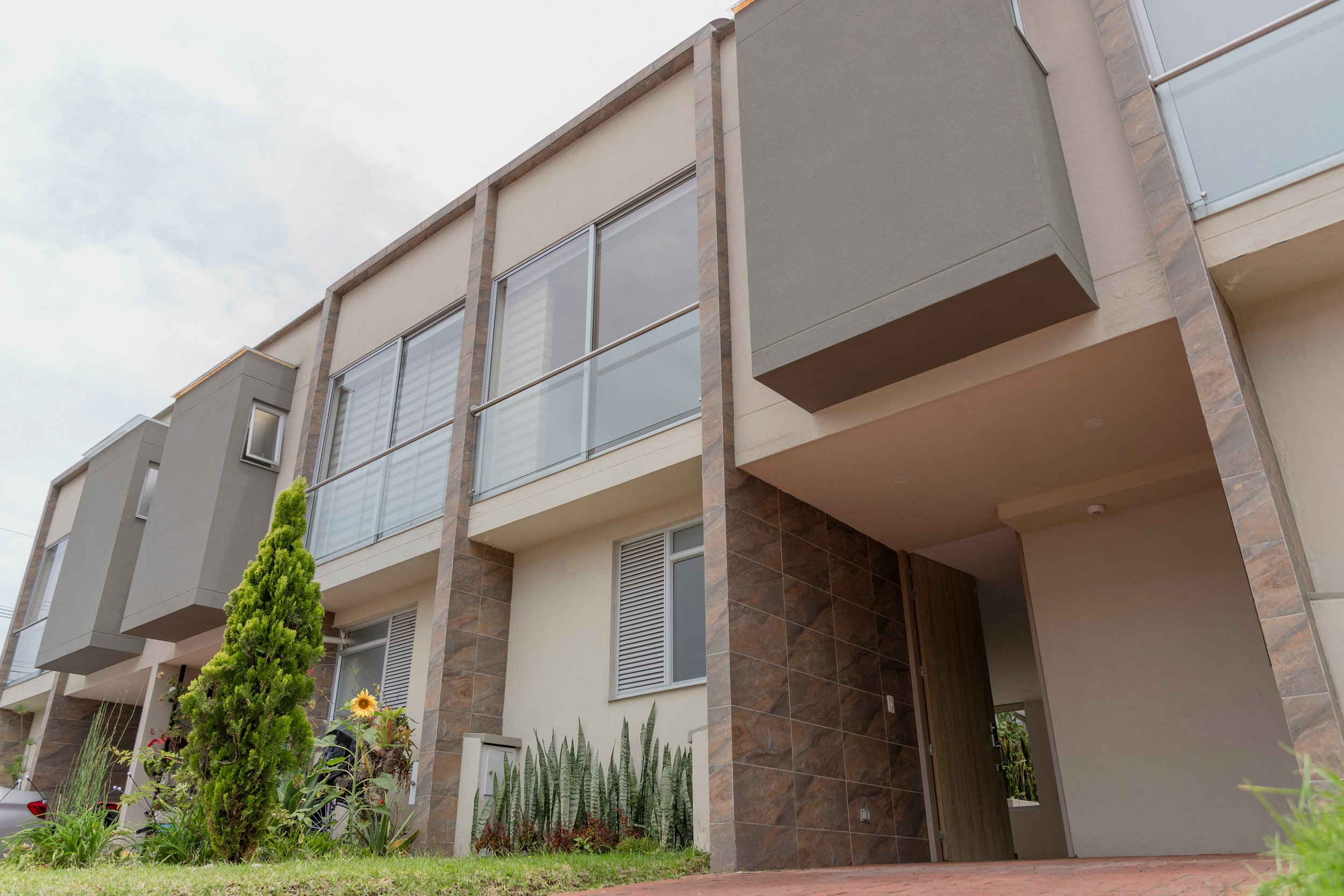Redefining Trust and Transparency in Real Estate
Discover how modern real estate practices are reshaping trust and transparency, empowering buyers and sellers to make confident decisions.
A Business Built on Clarity
Trust has always been the hardest currency in real estate. Investors want to know their money is safe. Tenants want to know their homes are cared for. Somewhere between the two, communication often breaks down.
That’s the gap Mynd Property Management set out to close. Since its founding in 2016, the company has focused on a simple idea: make every part of owning and managing rental homes clear, trackable, and fair.
“Investors used to call property management a black box,” said co-founder Doug Brien. “You’d hand over your keys and your trust — and hope for the best. We thought it should work differently.”
The result is a company that has grown into one of the largest single-family rental (SFR) management platforms in the country. Operating in more than 40 U.S. markets, Mynd manages over 20,000 homes. Its mission isn’t just to manage properties — it’s to rebuild trust in an industry that’s long relied on guesswork.
Why Trust Is So Hard to Earn
For years, property management suffered from a reputation problem. Investors complained about late updates, hidden fees, and poor communication. Tenants, on the other hand, were often frustrated by slow responses or unclear maintenance procedures.
A 2024 report by the National Apartment Association found that over 60% of small landlords cited communication as their top challenge with management firms. Transparency ranked second.
“It’s not that people didn’t care,” Brien explained. “It’s that the systems weren’t built for accountability. Information was scattered, updates were delayed, and mistakes got buried.”
Mynd approached the issue the same way an engineer might — by redesigning the process from scratch.
Making the Invisible Visible
At the heart of Mynd’s approach is real-time information. Investors can see performance metrics, rent payments, and maintenance updates through an online platform. Tenants can submit requests, view progress, and get faster responses.
“It’s like switching from a paper map to GPS,” said co-founder Colin Wiel. “You don’t just get directions — you see where you are and what’s next.”
This transparency reduces stress on both sides. Owners can monitor financial performance instead of waiting for end-of-month reports. Residents know their concerns are being handled.
And while technology keeps everything organised, Mynd’s local teams ensure that the human side of the business stays intact. “You can’t automate empathy,” Wiel said. “But you can make it easier to deliver.”
Redefining Communication
Traditional property management often relied on phone calls, emails, and a lot of waiting. Mynd replaced that with a system built for clarity and speed.
Each property has a dedicated local contact and a support team that operates under clear service-level standards. Issues don’t vanish into inboxes. They’re logged, tracked, and resolved visibly.
“We wanted investors to feel confident they were being heard — not ignored,” said Brien. “If something goes wrong, they see exactly what’s being done to fix it.”
That same commitment extends to tenants. Mynd encourages clear, respectful communication on both sides of the rental experience. The company’s average response time to maintenance requests is now under 24 hours in most markets.
Transparency in Pricing and Operations
Few things frustrate landlords more than surprise fees. Mynd’s founders knew that had to change. The company adopted a flat-fee pricing model that eliminates most of the uncertainty investors face.
“You should know exactly what you’re paying for,” Brien said. “No percentages, no guesswork.”
That clarity extends to maintenance. Mynd uses a mix of in-house technicians and vetted local vendors to complete repairs. Every job is quoted, tracked, and reviewed for cost and quality.
This approach not only saves time and money but also builds confidence. Investors can see line-by-line breakdowns of expenses. Tenants get faster fixes from professionals they can trust.
Building Confidence Through Data
Trust isn’t just emotional — it’s measurable. Mynd tracks key performance metrics like vacancy rates, maintenance turnaround times, and tenant satisfaction scores.
As of early 2025, Mynd’s average vacancy rate across its portfolio is below 4%, compared to the national average of about 6%. Renewal rates have also risen steadily, showing stronger resident relationships and fewer costly turnovers.
“Data gives investors peace of mind,” said Wiel. “You don’t have to wonder how your property is performing — you can see it.”
These numbers also help Mynd improve. When issues appear, the data highlights them early, allowing teams to respond before problems grow.
Lessons From the Field
Building transparency isn’t easy. It means being open about what’s working — and what’s not.
“Early on, we had to admit when processes were broken,” Brien said. “That honesty helped us fix them faster.”
The founders believe that vulnerability builds credibility. By sharing challenges openly with investors, they’ve created relationships based on collaboration rather than control.
This approach also attracts employees who care about doing things right. “People join Mynd because they want to make a difference in how housing works,” said Wiel. “That shared purpose keeps us accountable.”
How Investors Can Build Trust, Too
Trust and transparency don’t happen automatically. Whether you manage one home or a hundred, there are simple ways to build both into your rental business:
Communicate often. Regular updates reduce confusion and prevent small issues from growing.
Document everything. Keep written records of repairs, payments, and conversations.
Be upfront about costs. Hidden fees and last-minute charges destroy confidence.
Listen to tenants. Happy residents mean lower vacancy and fewer disputes.
Use systems, not sticky notes. Centralised tools make operations clearer and faster.
As Brien put it, “Trust isn’t something you announce. It’s something you earn, one interaction at a time.”
The Future of Transparent Property Management
The SFR market is growing fast, but so are expectations. Tenants want responsive service. Investors want predictable results. The companies that win will be those that make both groups feel secure.
Trust isn’t built by being perfect — it’s built by being consistent, clear, and accountable. That’s the mindset Mynd Property Management has brought to the table.
As Wiel summed it up, “Our goal isn’t to be invisible. It’s to make every part of this business visible — to bring light where there’s usually fog.”
In an industry that once thrived on opacity, transparency is now the competitive edge. And for investors paying attention, it might just be the most valuable asset they can own.






























